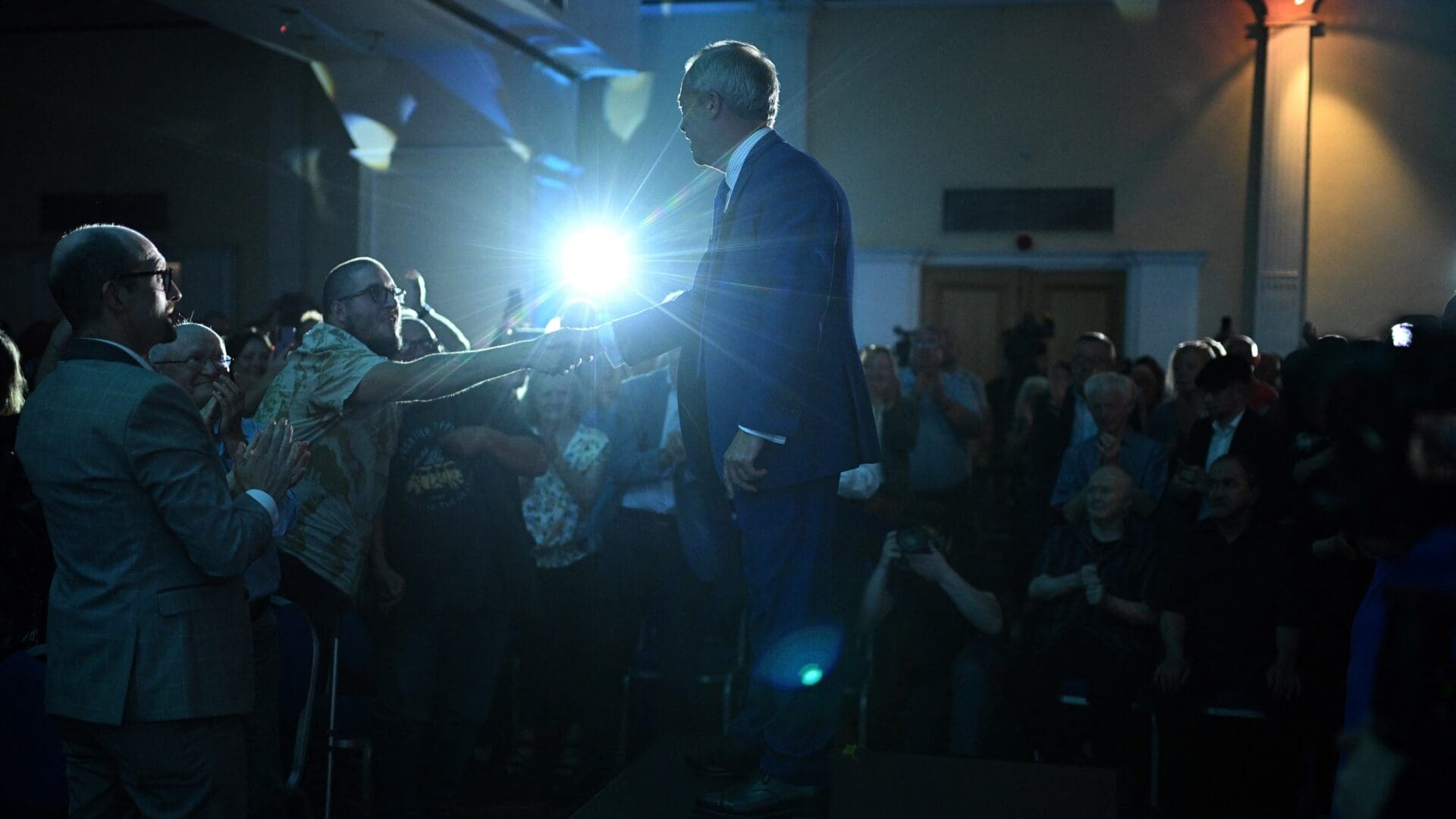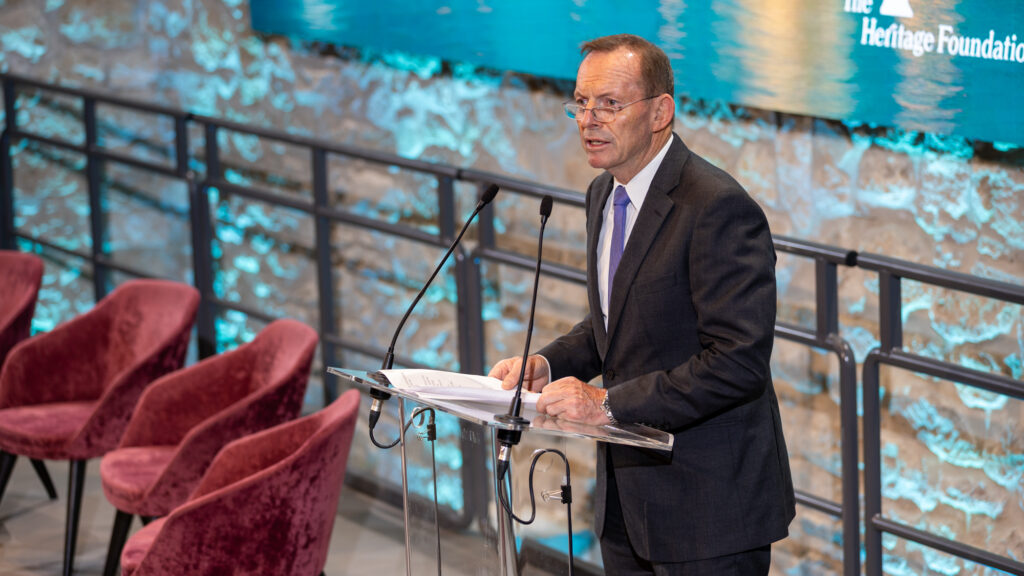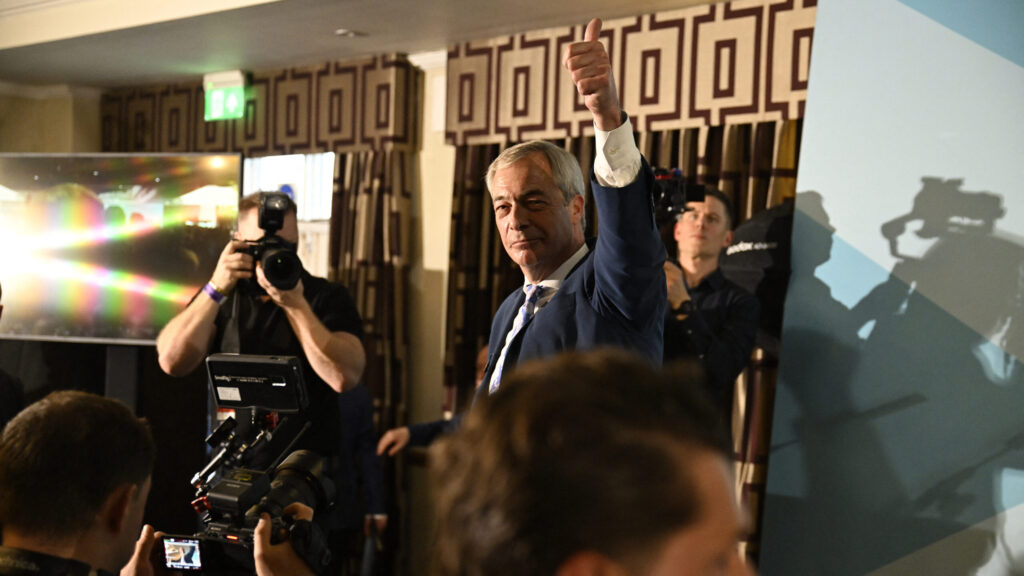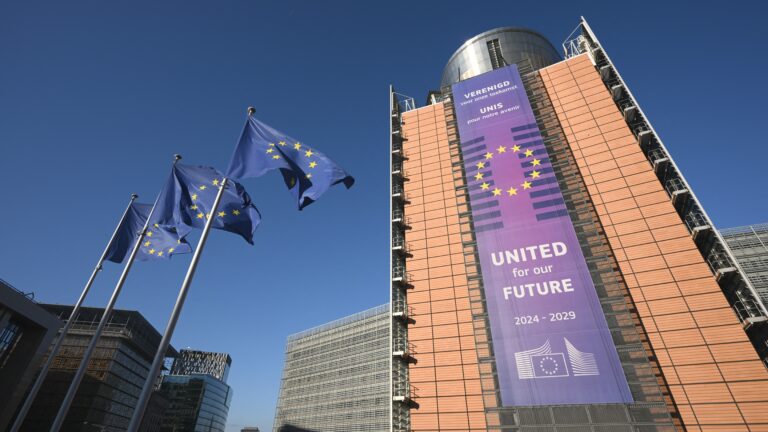In two weeks, a general election will be held in the United Kingdom, specifically on 4 July 2024. For months or even years, it has been known that the Labour Party will win the elections and with a large majority, surely the biggest victory in its history as predicted by most polls.
In the last elections of 2019, the Conservative Party (Tories) won a majority with 365 seats to carry out their great project: the Brexit. This project, led by the Tories, had the vision of having a newly sovereign United Kingdom without the tutelage of Brussels, as they complained that EU decisions were subject to German and French interests without taking into account the British vision. For this very reason, the Tories, always reluctant to be in the EU, decided to leave once and for all. Likewise, one of the great concepts introduced by the Tories was that if they left the EU, illegal and massive immigration would end once and for all because they would be able to make their own decisions on how to protect their borders and would not have to be subject to the quota policies imposed by European bureaucrats. In addition, the Tories also wanted to be back in the economic vanguard and promised that by leaving the EU they would regain their former position as a leading economy. These three issues, sovereignty, economic recovery in the UK, and border protection are three concepts that any Conservative can agree on; however, the Brexit led by Boris Johnson brought none of them.
The Conservative Party, after months of discussion, carried out its great work: the Brexit.
Nevertheless, most of the party’s promises have remained unfulfilled.
The net balance of immigrants arriving in the UK in 2022, according to figures from the Office for National Statistics (ONS), was 606,000, which is a record 20 per cent increase from the 504,000 recorded the previous year. In 2022, the total number of immigrants arriving in the country hovered around 1.2 million, while emigration was estimated at 557,000, according to the agency.
Likewise, we have seen how in the last local elections in the United Kingdom, despite the fact that the Labor Party managed to maintain control of Bradford City Council (England), they suffered a major electoral bloodletting as the Islamic electorate put forward three independent candidates who achieved legislative representation for the first time in history. ‘We will not be silenced. We will raise the voice of Gaza. We will raise the voice of Palestine. Allahu Akbar!’ Mothin Ali, a candidate who won a seat for the Gipton and Harehills area, stated.
Former Home Secretary Suella Braverman, giving a speech on migration in the United States, said: ‘Uncontrolled immigration, inadequate integration and a misguided dogma of multiculturalism have proven a toxic combination for Europe over the last few decades’.
‘Multiculturalism makes no demands of the incomer to integrate. It has failed because it allowed people to come to our society and live parallel lives in it. They could be in the society but not of the society’, Braverman added.
These words, in addition to complaining about why the pro-Gaza demonstrations had been authorized, caused British Prime Minister Rishi Sunak to dissmiss her from her post immediately.
Today, seven years after Brexit, the most positive estimates suggest that the UK’s economy is 2 or 3 per cent smaller than it would have been had it not left the European Union (some $80 billion). Meanwhile, the most negative ones estimate that it could be 5 per cent, and that GDP per capita is $1,200 lower than it would have been had the country remained in the EU.
Also, regarding sovereignty; although the British have broken free from under the yoke of Brussels,
they have not regained their sovereignty completely.
One of the things I always talk about is how Europe, not just the EU, is and remains a vassal of the United States in intentional policy. We seem to have to follow whatever the US says to the letter without having our own opinion of what concerns us or looking out for our own interests. This is the case with the Russian war and Ukraine, in which the UK under Johnson and then Sunak has been forced to follow US directives without batting an eyelid.
In short, the post-Brexit era and the Conservative majority government have not changed anything in the UK. The British continue to have problems with illegal and massive immigration, problems in the economy, and they still have not regained their much loved and longed for sovereignty. Likewise, the Labour Party did not bother to take up ‘the cultural battle’; they dropped all gender laws and only focused on the economy, albeit unsuccessfully.
The large majority of the Conservative Party in the UK reminded me of the large majority that the Popular Party had in Spain in 2011, in which the PP obtained 186 deputies (out of 350). The PP at that time, after the economic crisis of 2008, focused on the economy without touching one iota of all the gender laws that had been pushed by the PSOE (Spanish Socialist Workers Party). As a result, all these policies were normalized in both the left and centre-right camps, leaving the true conservatives ‘orphans’.
Leader of Reform UK Nigel Farage stands as the great candidate to dethrone the Tories who have become the establishment mainstream centre-right that will not change anything. Farage has harshly criticized the Tory-led post-Brexit: ‘Now that we have taken back control, we are regulating our own businesses even more than they were regulated when we were members of the EU,’ he said on the BBC a year ago.
On the economic front, Farage proposes tax cuts valued at around 90 billion pounds a year (106 billion euros), which include reducing corporate tax from the current 25 per cent to 20 per cent, and a subsequent drop to 15 per cent, or raising the minimum annual income subject to income tax, which would rise from 12,571 pounds to 20,000 pounds under an eventual government led by his party. This increase would exempt nearly 6 million people from paying this tax.
Farage also stands as the main politician against the illegal immigration suffered by the United Kingdom.
In his programme, he includes the return of immigrants arriving irregularly to the country to France through the English Channel, the increase of Social Security contributions for foreign workers, and the exit of the United Kingdom from the European Convention on Human Rights, something that would put an end to possible judicial blocks to the plans of outsourcing asylum requests to third countries, such as Rwanda.
Concerning international politics, a few days ago Farage told the BBC that the eastward expansion of the European Union and NATO had prompted Russian President Vladimir Putin’s invasion of Ukraine. ‘It was obvious to me that the continued eastward expansion of NATO and the European Union was giving this man a reason to his Russian people to say, ”we are being attacked again’ and to go to war, ‘’’ Farage said in Friday’s BBC interview.
Essentially the same speech that he made in 2014, in fact, when he was an MEP in the European Parliament: ‘We directly encouraged the uprising in Ukraine that had led to the toppling of President Yanukovych, and that led, of course, in turn to Vladimir Putin reacting, and the moral of the story is: if you poke the Russian bear with a stick, don’t be surprised when he reacts’.
Alex Armstrong on X (formerly Twitter): “.@Nigel_Farage in 2014, on the dangers of:* EU rushing ascension of Ukrainian membership* EU encouraging the toppling of then-Ukrainian President* NATO troops engaging in war games in Ukraine”Have we taken leave of our senses”He is SPOT ON. The EU did provoke Russia,… pic.twitter.com/FvMmcK8VCO / X”
@Nigel_Farage in 2014, on the dangers of:* EU rushing ascension of Ukrainian membership* EU encouraging the toppling of then-Ukrainian President* NATO troops engaging in war games in Ukraine”Have we taken leave of our senses”He is SPOT ON. The EU did provoke Russia,… pic.twitter.com/FvMmcK8VCO
The Tories have to watch out for Farage, as a poll of voting intentions for the 4 July UK parliamentary elections has put the Reform UK party ahead of the Conservative Party for the first time. The poll, prepared by YouGov for The Times, maintains Labour as clear favourites, with a voting intention of 37 per cent, but places Farage’s party in second place with 19 per cent, one point ahead of the Tories.
Farage embodies the true spirit of Brexit and it may be the eighth time that he is running for the British parliament that he finally gets that coveted seat. Although we have to keep in mind that the British electoral system is not like the majority in Europe; they have the first-past-the-post system, that is, a majority system that does not reward the percentage of vote, but rather if you win the municipality. So, even if Reform UK obtains a higher percentage than the Conservative Party, it is most likely that they will not have more seats.







